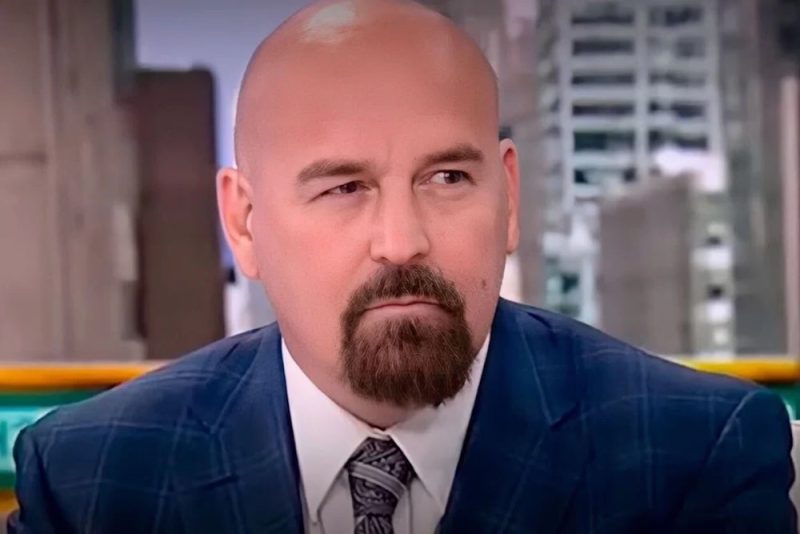At the Bitcoin 2024 conference in Nashville, John Deaton, a Republican candidate for the U.S. Senate seat in Massachusetts, revealed that 82% of his net worth is invested in Bitcoin. This disclosure underscores Deaton’s strong commitment to cryptocurrency as he campaigns for the Senate.
Deaton vs. Warren: Contrasting Views on Digital Assets
Deaton, aiming to unseat Senator Elizabeth Warren, highlighted their differing views on digital assets and financial regulation. He referenced a 2022 interview in which Warren expressed support for a central bank digital currency (CBDC), positioning himself in stark contrast to her stance. Deaton’s advocacy for the cryptocurrency industry includes filing several amicus briefs in favor of crypto firms involved in legal battles with the U.S. Securities and Exchange Commission (SEC). This has garnered him significant support within the crypto community.
Campaign Challenges and Competition
Despite his strong position within the crypto sector, Deaton faces a challenging campaign. A YouGov poll from May 30 showed Senator Warren leading him by more than 20 points. Additionally, Senator Cynthia Lummis of Wyoming, a known crypto advocate, recently endorsed another Republican candidate, Ian Cain, for the Massachusetts Senate seat.
Also Read: Bitcoin Price Surges After Trump’s Bitcoin Conference Speech
Republican Primary and Crypto Industry Support
Deaton will compete against Ian Cain and engineer Robert Antonellis in the Massachusetts Republican primary on September 3. The winner of this primary will face Senator Warren in the general election on November 5. Despite the tough competition, Deaton’s campaign has received backing from influential figures in the crypto industry. In July, Ripple donated $1 million to the Commonwealth Unity Fund political action committee to support Deaton’s bid against Warren.
John Deaton’s significant investment in Bitcoin and his vocal support for the cryptocurrency industry highlight his commitment to digital assets. As he vies for the U.S. Senate seat, his campaign reflects a broader debate on financial regulation and the future of digital currencies.
